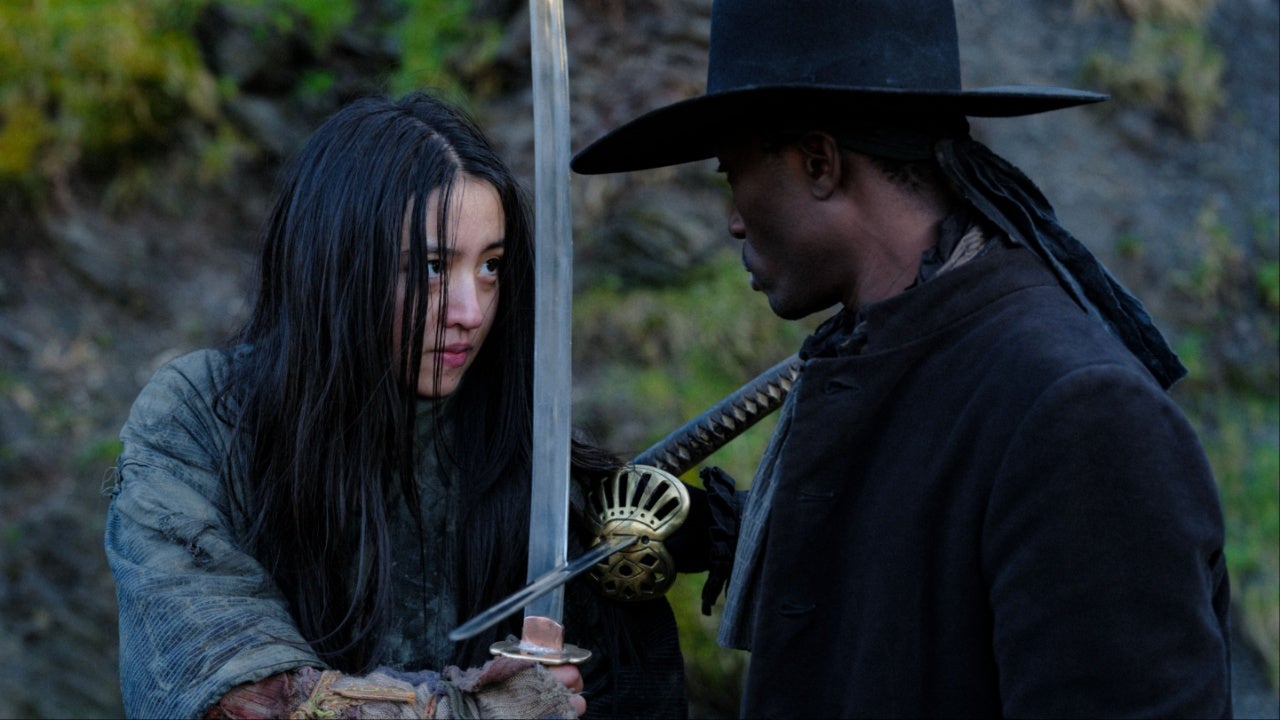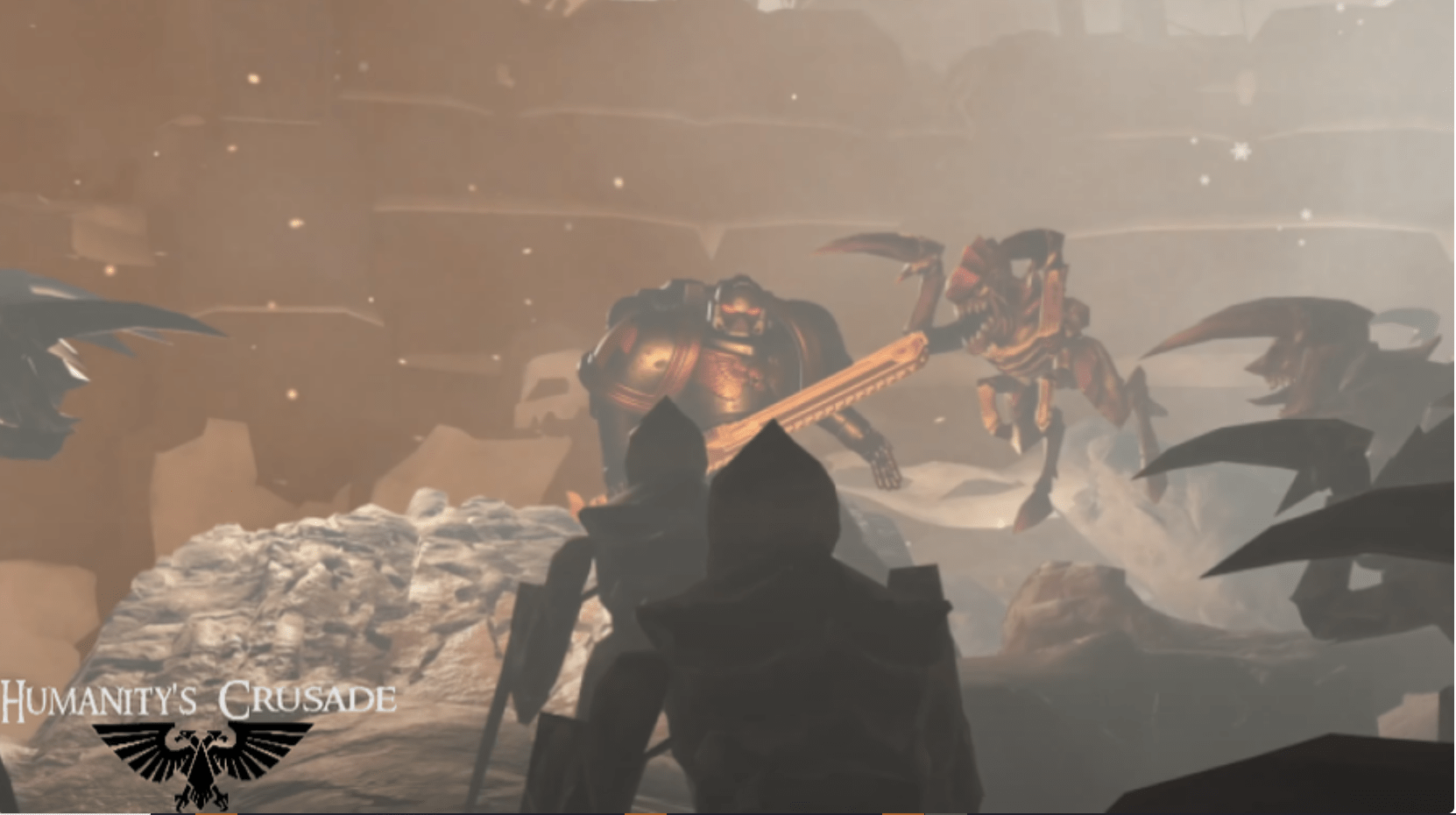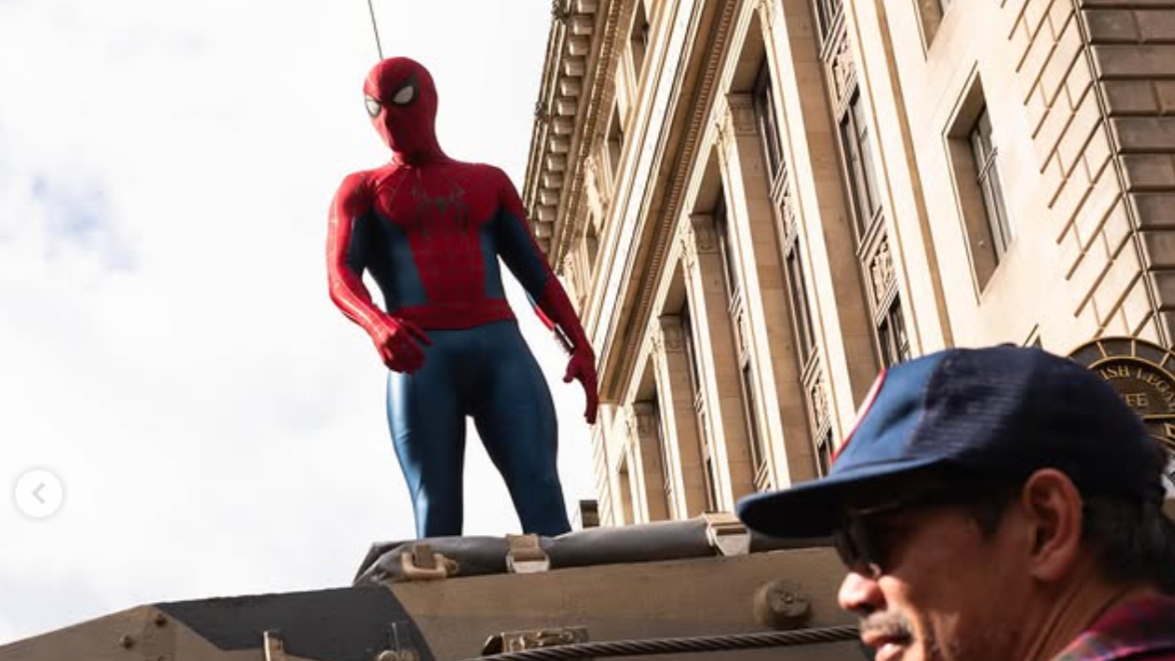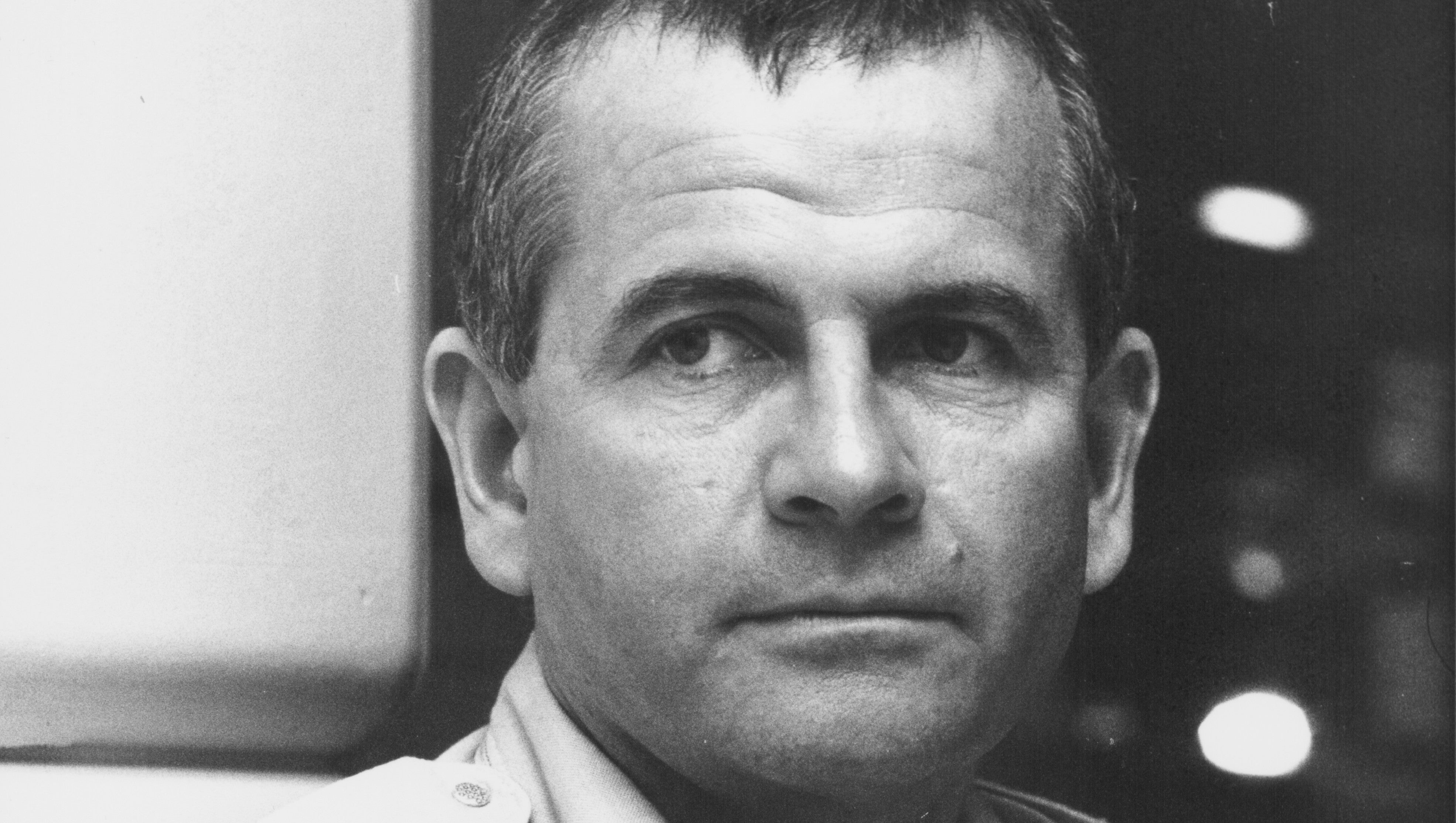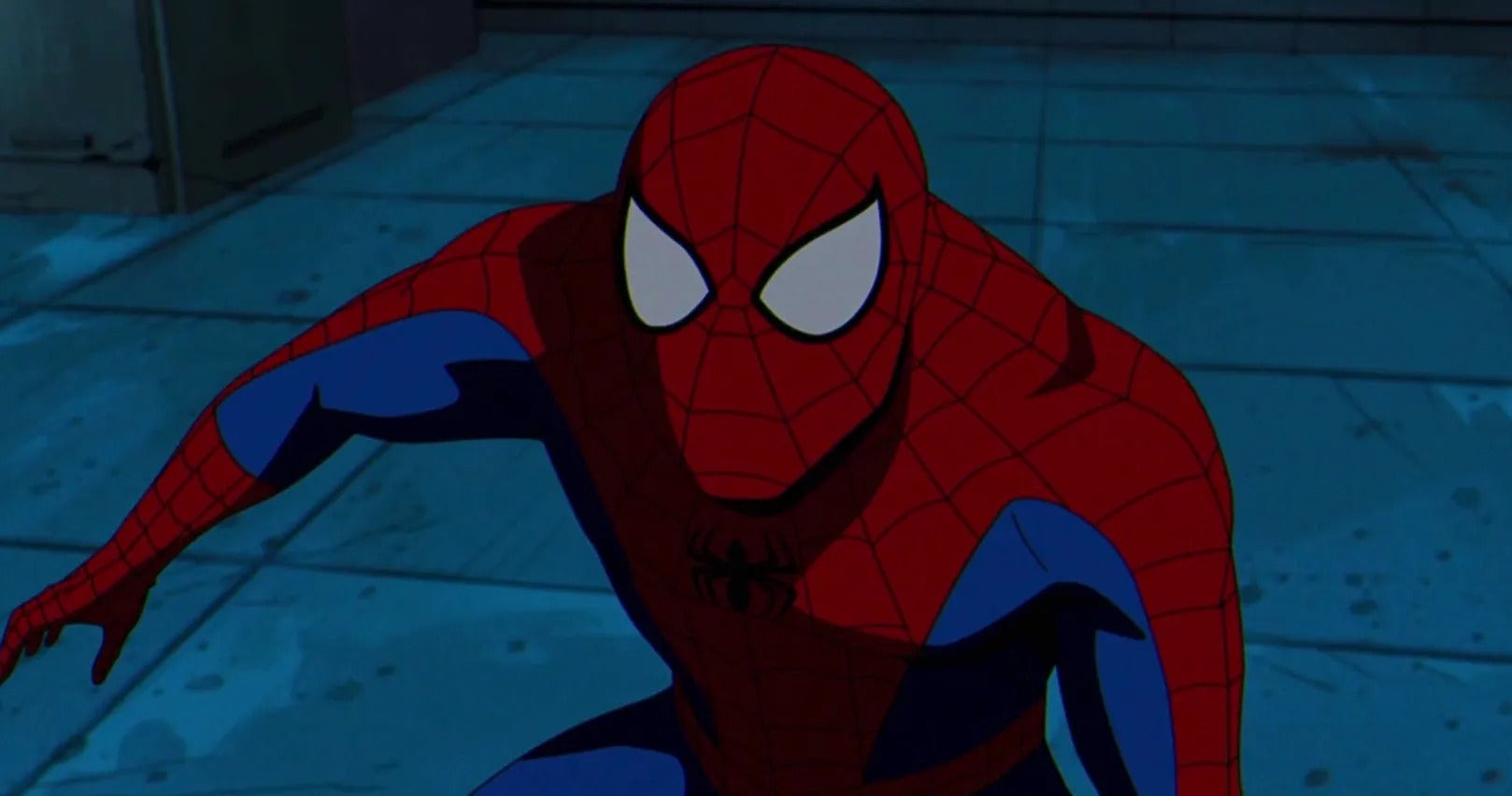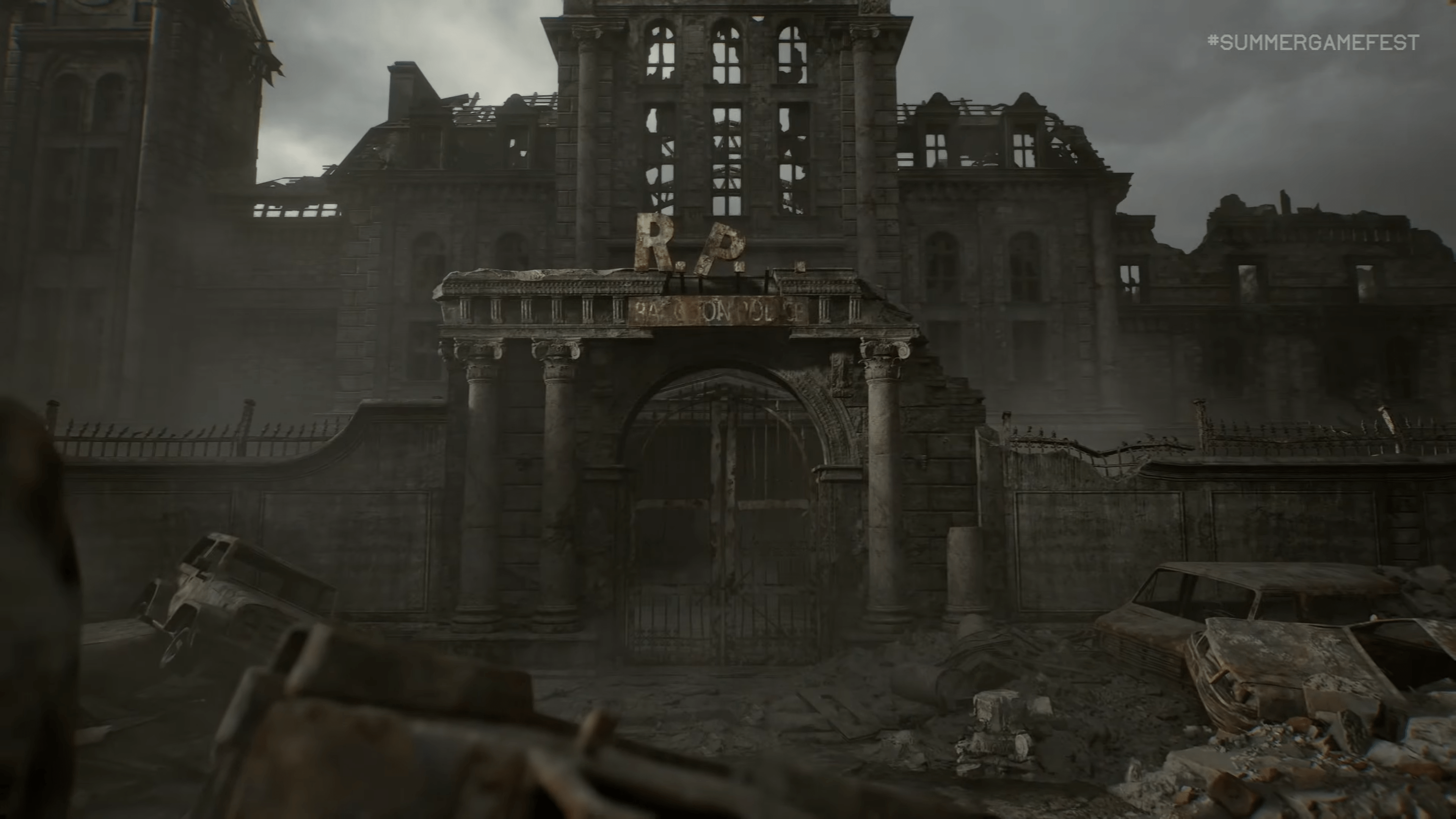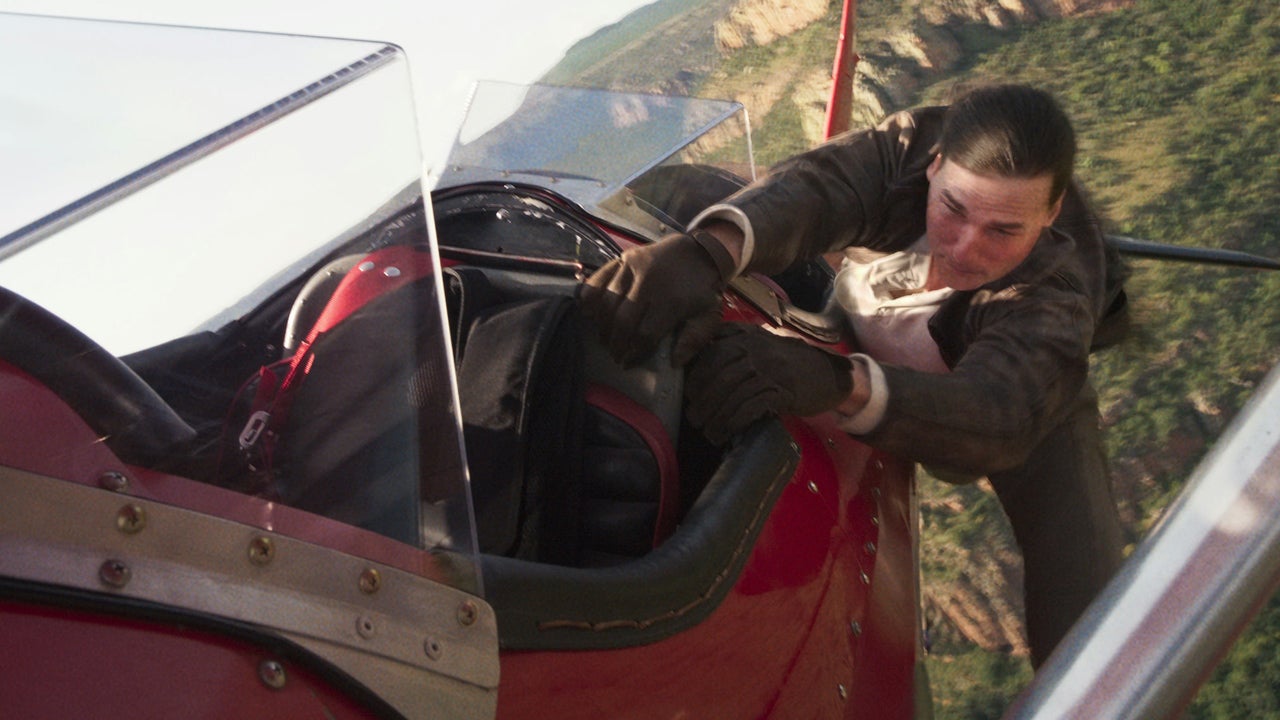
Tornado opens in theaters Friday, May 30.
In 2015, John Maclean emerged on the scene with his bittersweet reimagining of the cowboy legend, Slow West. Ten years later, the Scottish filmmaker is playing with classic genres once again in Tornado, this time using the samurai stylings of Akira Kurosawa to paint a furiously windswept portrait of a British-Japanese teenager navigating the perilous terrain of the British countryside in the 1790s.
There's much in common between Maclean’s chosen time periods and genres: uncertain futures, tradition making way for modernity, and adventurous themes of revenge, justice, and survival. But where Slow West was drenched in the heat of the Wild West, Maclean, reteaming with cinematographer Robbie Ryan, serves up a far bleaker landscape in Tornado. It’s one that shivers with cold, natural light and shadow, vibrates with roaring winds, and is populated by morally iffy characters living in the margins. Over the course of one, well-paced day, Maclean depicts their desperate plight.
We’re thrown into the deep end, opening on our eponymous lead (Kōki) racing across a desolate field and into a forest as a ruthless band of criminals slowly stalk into shot. Their pursuit is guided by the foreboding beat of Jed Kurtzel's battering score – all heavy drums and low strings – until the characters arrive at a country manor, where the music drops out and the treachery of silence threatens to expose Tornado's hiding spot.
Why these bandits want Tornado is not immediately apparent, making for a compelling first act that neatly introduces the key players with intrigue and dark humour. The lumbering Kitten (Rory McCann) falls through broken floorboards onto a grand piano and declares dryly, "She's not in the piano." Little Sugar (Jack Lowden) sets up his conniving subplot by hiding his discovery of Tornado from the group and threatening her with death unless she reveals the location of some mysterious gold.
Then there's Sugarman, their leader, played exquisitely by Tim Roth. Before the gang enters the manor, he slashes the throat of one of his men without slowing his pace or glancing behind him. His gang of misfits doesn't flinch at this brutality, all of them so browbeaten by violence that these displays appear more mundane than malevolent. Yet Roth’s performance isn’t defined by his character’s bloodlust. He commands the screen with such world-weary blaséness and indifference that you almost forget Sugarman is a ruthless killer willing to go to devastating lengths to get what he wants, whether it’s stealing from churches or torching the encampment of an innocent circus troupe. He’s an ageing antagonist realistically forged by a hardened, impoverished existence.
All of this carnage is the backdrop to a coming-of-age story, a timeless tale of misspent youth and feeling caught between two cultures. Tornado is the daughter of an English woman (who has died before the events of the movie) and Samurai-trained Japanese puppeteer Fujin (played with gentle chivalry by Takehiro Hira) and Kōki plays her with a brooding tenacity. The script, co-written by Maclean and Kate Leys, admirably captures the specific insecurity of her mixed identity and adolescent yearning to assimilate.
Flashing back to before Sugarman’s pursuit, we meet Tornado as a sulky teen who just wants to sleep in – very relatable. Her dismissiveness of her father's heritage, from speaking Japanese to learning the patience of combat, creates friction in their relationship, deepened ever more by the utter mortification of having to perform in his whimsically bloody puppet show. This terse dynamic is the perfect setup for Tornado’s emotional transition from wilful child to vengeful warrior after her reckless behaviour leads to tragedy.
In the final act, Tornado lives up to her name, whipping across the rugged landscape to exact bloody revenge on Sugarman's men and secure her survival. For all of Maclean’s Kurosawa mimicry, no one is going to mistake Tornado for Seven Samurai: The swordplay sequences and cunning traps aren’t so epically choreographed, and the mysterious man in black played by Dennis Okwera could have been better lit and better used. Still, Tornado is darkly comic in its bloody execution: A brute going head first into a samurai sword that’s been stuck in a tree is a squeamish delight, as is a gunslinger's hand getting chopped off.
The simplicity of these violent confrontations is very much in keeping with the film's grounded tone and the journey of a misguided girl embracing all of who she is. In so many extreme close-ups, we see the passion, pain, and fury in Tornado’s eyes, and we can tell: There's nothing commonplace about this screen heroine.
